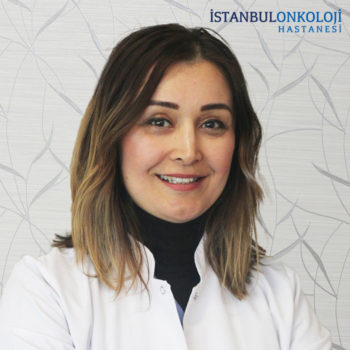Endocrinology department is a specialised medical department that focuses on the diagnosis, treatment, and management of endocrine disorders. Endocrine disorders are conditions that affect the endocrine system, which is a complex network of glands that produce and release hormones into the bloodstream to regulate various physiological functions in the body.
The endocrinology department deals with the diagnosis and treatment of a wide range of endocrine disorders, including but not limited to:
1. Diabetes mellitus
2. Thyroid disorders
3. Adrenal gland disorders
4. Pituitary gland disorders
5. Parathyroid gland disorders
6. Reproductive endocrinology
7. Calcium and bone disorders
8. Disorders of the pancreas
9. Metabolic syndrome and obesity
What is Thyroid gland and what does it do?
The thyroid gland is a butterfly-shaped gland located at the front of the neck, just below the Adam's apple. It is an important part of the endocrine system, which is responsible for producing and releasing hormones that regulate various physiological functions in the body.
The thyroid gland produces two main hormones: thyroxine (T4) and triiodothyronine (T3), which play a crucial role in controlling the body's metabolism, energy production, growth, and development.
Thyroid function can be affected by various factors, including genetics, iodine levels in the diet, certain medications, stress, and other medical conditions. Thyroid disorders can occur when the thyroid gland produces too much or too little thyroid hormone. Common thyroid disorders include hypothyroidism (underactive thyroid), hyperthyroidism (overactive thyroid), thyroid nodules, and thyroid cancer.
What is thyroid cancer?
Thyroid cancer is a type of cancer that originates in the cells of the thyroid gland. Thyroid cancer is relatively rare compared to other types of cancer, but it is the most common cancer of the endocrine system.
There are several types of thyroid cancer, including:
1. Papillary thyroid cancer: This is the most common type of thyroid cancer, accounting for about 80% of all cases.
2. Follicular thyroid cancer: This type of thyroid cancer accounts for about 10–15 percent of cases.
3. Medullary thyroid cancer: This type of thyroid cancer arises from the C cells in the thyroid gland that produce the hormone calcitonin.
4. Anaplastic thyroid cancer: This is a rare and aggressive form of thyroid cancer that tends to grow quickly and is often difficult to treat.
5. Thyroid lymphoma: This is a rare type of thyroid cancer that originates in the lymphocytes of the thyroid gland. It is usually treated differently than other types of thyroid cancer.
What are the treatments applied to thyroid cancer?
The treatment of thyroid cancer depends on several factors, including the type and stage of the cancer, as well as the age and overall health of the patient. Treatment options for thyroid cancer may include:
1. Surgery: Surgery is the most common treatment for thyroid cancer.
2. Radioactive iodine therapy: After surgery, radioactive iodine therapy may be used to destroy any remaining thyroid tissue or cancer cells that could not be removed during surgery. The radioactive iodine is usually given orally in the form of a capsule or liquid, and it is taken up by thyroid cells, including any remaining cancer cells, which then get destroyed by the radiation.
3. Thyroid hormone replacement therapy: After surgery or radioactive iodine therapy, patients may require thyroid hormone replacement therapy to replace the hormones that the thyroid gland would normally produce. This is important to maintain proper thyroid function in the body and to prevent hypothyroidism.
4. External beam radiation therapy: In some cases, external beam radiation therapy may be used to deliver high-energy X-ray beams to the area of the thyroid gland and nearby lymph nodes to destroy cancer cells. This is typically used in more advanced cases or if the cancer cannot be effectively treated with surgery or radioactive iodine therapy.
5. Targeted therapy: In cases of advanced or metastatic thyroid cancer, targeted therapy may be used to block the specific proteins or pathways that are driving the growth of cancer cells.
6. Chemotherapy: Chemotherapy is not commonly used for thyroid cancer, as it is not very effective against most types of thyroid cancer. However, in rare cases, chemotherapy may be used in combination with other treatments for more aggressive or advanced thyroid cancers.
We are proud to announce the establishment of our specialised centre for the diagnosis and treatment of endocrine and thyroid diseases. Our centre is dedicated to providing ad
vanced, comprehensive, and patient-centred care for individuals with various endocrine and thyroid conditions. Equipped with cutting-edge diagnostic tools, state-of-the-art facilities, and a team of highly skilled and experienced medical professionals, we are committed to delivering exceptional care, tailored to the unique needs of each patient, to achieve optimal outcomes in the management of endocrine and thyroid disorde
Last Update Date 18 April 2023 Editör Admin Ceyhun Taş - 0541 809 1296













